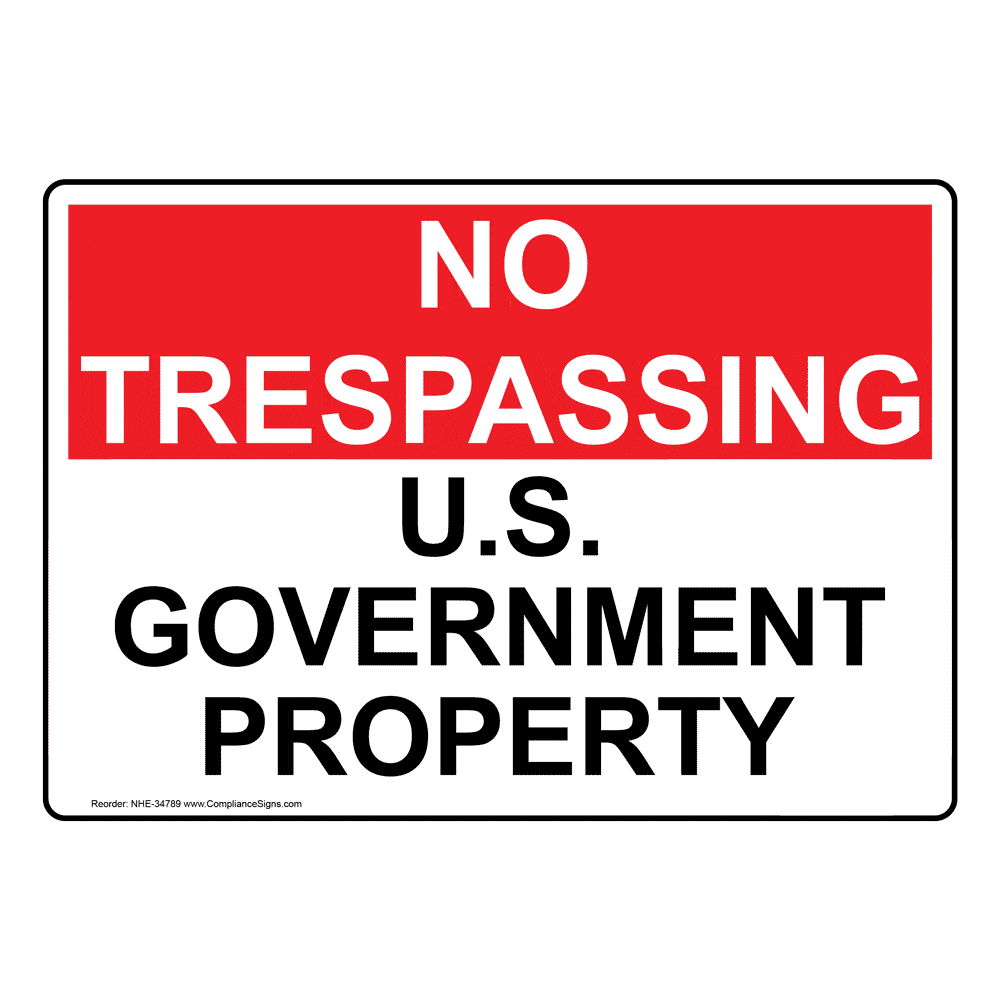Government facilities and services — which are actually disservices overall — are called “public” while services that are efficiently responsive to the public are dubbed “private.” Why is that?
That way of framing the distinction could be intended to subtly denigrate the marketplace, or “private sector,” where profit “selfishly” motivates people who, in the process, improve strangers’ lives every day. That sector’s record is noticeably better than the “public sector’s.” So we’re taught to believe that the government’s motives are purer — the unselfish pursuit of the “public interest” by “public servants.” That supposedly makes them superior to the profit-seekers, no matter how effective real producers of wealth — entrepreneurs, investors, managers, and workers — are.
The Public Choice school of political economy has established the more common-sense view that people don’t become morally superior to the rest of us when they take government jobs. They’re just people, except that the perverse incentives unique to the political/bureaucratic realm differ drastically from the productive incentives that distinguish the enterprise realm. We should call government jobholders “public” self-servants to lay bare that basic fact. They may be sincere in their rationalizations about helping people, but that doesn’t change what they do — coerce people, starting with the taxpayers. In contrast, people in the market have to ultimately satisfy free consumers or find something else to do.
Think about what we know as the public schools. Has anyone ever heard of a school that wasn’t open to members of the public? Who else is there? Great Britain has it closer to the truth. Public schools are called “private schools,” and government schools are called “state schools.” Since everywhere you look, parents have to pay for the lousy and expensive government system whether or not they send their kids there, and many parents can’t afford to pay twice, we might call the government’s facilities “conscript schools.”
But they are called “public” because that’s who owns them — theoretically, but not realistically.
With other “public services,” even less choice exists. Consider public utilities. Most people can’t choose their water, electric, and gas companies, although this is not entirely unheard of. Since competition has appeared in places, these so-called natural monopolies don’t seem so natural after all. Had competition been legal everywhere, suitable technologies might have been invented long ago.
We do find alternatives to government in ways that might strike some as surprising. Two irreplaceable centers of government are said to be the courts for resolving disputes and the police for security against harm-doers. For a long time people have sought to peacefully resolve disputes without the inefficient and at times corrupt government courts. In the Middle Ages, merchants from all over the world traded their goods at fairs in Europe. Disagreements over contracts sometimes arose. So the merchants sought a fair and efficient alternative to the local princes’ courts. The outcome was the complex and spontaneous Law Merchant. Disputes arising over contracts, which in effect created private law for the parties, were taken before people who had acquired reputations for being knowledgeable, fair, and efficient. The merchants valued speedy resolutions so much that they agreed not to appeal rulings against them. It was more important to move on to the next transaction. Failure to abide by a ruling would get around and limit future opportunities.
The Law Merchant was so good that it evolved into the commercial law that much of the world operates under today. We can see signs of it in private arbitration, which today is big business. Many contracts we sign specify that disagreements will be resolved in what amount to private courts. Unfortunately, the U.S. government claims the authority to nullify arbitrators’ rulings on vague grounds. If that were impossible, arbitration would likely be even more common than it is today. The government won’t compete fairly.
Similarly, private security companies watch over shopping malls, factories, colleges, and other facilities. It’s also a big business. The government’s “services” are inadequate despite high taxes, so people find alternatives, and businesses respond, fully liable when they screw up. That doesn’t happen with government police.
Who owns government facilities? Most people would say that in a democracy the public owns them. But that really isn’t so. Members of the public can’t sell or buy shares or do other things that real owners do. They never consented to being owners. That’s just a symbolic claim. In cases of real ownership, people acquire property rights through unambiguous volitional action involving contracts with reasonably clear terms. The social contract exists only in the imagination.
Aren’t the real owners of government facilities those who actually control them? A rough guide might be whoever has the authority to put up “no trespassing” signs, which adorn much “public” property. (Private property has those signs too, but that’s because two kinds of private property exist: the kind that is open to the public and the kind that is not, such as homes.)
We shouldn’t be led astray by the fact the people can vote for officeholders, who then in theory act as the people’s agents. The accountability of those pseudo-agents to the so-called owners is virtually zero when you consider how politicians and bureaucrats can easily misdirect attention from the bad consequences of their actions and/or their culpability for those consequences. Besides, one vote barely counts, and campaigns to really change things are prohibitively expensive and subject to free-rider problems.
In contrast, accountability is powerful in for-profit society. Bankruptcy is an ever-present threat to unresponsive and irresponsible businesses, and reputation imposes significant discipline. Injured parties also can sue people in the market. Suits against the government are often not allowed or limited.
It’s time to open to competition as many government functions as feasible now. What seems impossible today may not seem that way next year. So let’s look for new moves toward better and cheaper services — not to mention liberty.








